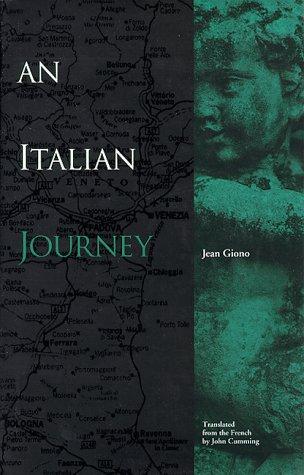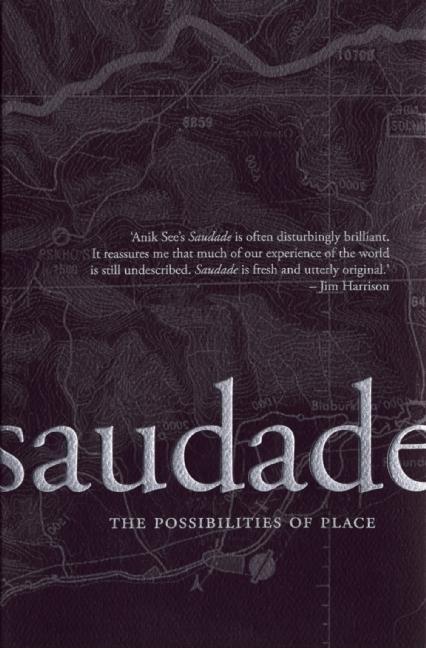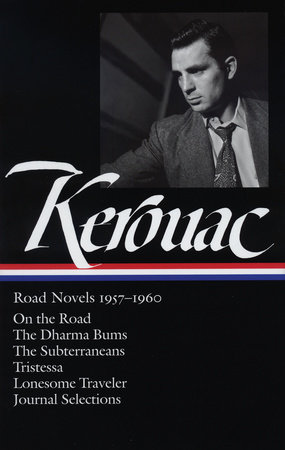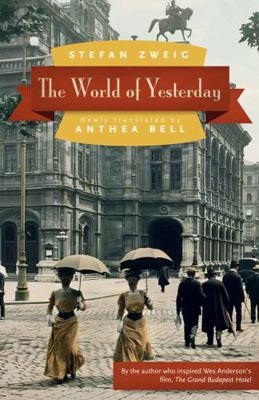fact

Seize the Fire: Heroism, Duty, and the Battle of Trafalgar
October 21, 2005, marked the 200th anniversary of the great naval battle of Trafalgar, an engagement in which Admiral Nelson and the British fleet ended Napoleon’s dream of invading England by crushing the French and Spanish fleets off the southwest

Reading Writing
The French writer Julien Gracq, who will be ninety-seven this year, is a living link to the era of Louis Aragon and André Breton. Gracq has avoided the kind of recognition that most modern writers crave (he refused the Prix Goncourt in 1951), and his body of work is little known on this continent.

Rainer Maria Rilke and Lou Andreas-Salomé: The Correspondence
Rainer Maria Rilke and Lou Andreas-Salomé: The Correspondence (Norton) collects all of the extant letters exchanged by Rilke and Andreas-Salomé , a patron and fellow author, and (as the jacket copy describes her) “a key fin de siècle intellectual.”

An Italian Journey
Henry Miller named Jean Giono as one of the writers he most admired (a list that includes Knut Hamsun, Blaise Cendrars, and Fyodor Dostoevsky). Giono, who lived most of his life in Manosque, the small Provençal town where he was born, begins An Italian Journey by admitting that he is not a traveller.

Letter from Nepal
At first the blackouts in Kathmandu are limited to six hours a week, so in my area we do without lights on Saturday and Sunday evenings. It’s not difficult—candles at dinner, quite charming at first—but then we jump to fifteen hours a week without power, then to thirty-six hours, all within ten days. The govern

Re-hanging the National Wallpaper
When I lived in Ottawa in the 1970s, I used to enjoy passing lazy afternoons at the National Gallery looking at the pictures. I remember how surprised I was when I first encountered the Group of Seven collection. These paintings were completely familiar—I’d seen them in schoolbooks and on calendars, posters, t-shirts, everywhere—yet at the same time they were completely unexpected.
.svg)
Saqiyuq: Stories from the Lives of Three Inuit Women
The photographs in Saqiyuq: Stories from the Lives of Three Inuit Women (McGill-Queens), are plentiful but wretchedly printed, which is a sadness because this book of stories is so good that you want to return to the photographs again and again to se

Sacred Places in North America: A Journey into the Medicine Wheel
Notman's department store approach to photography is carried on in this century in the work of Courtney Milne, whose recent Sacred Places in North America, subtitled A Journey into the Medicine Wheel (Stewart, Tabori & Chang), represents the fruit of
.svg)
Rushing to Armageddon: The Shocking Truth About Canada, Missile Defence, and Star Wars
Since the Canadian withdrawal from the North American ballistic missile defence treaty, you might think you don’t need to read Mel Hurtig’s ominously titled Rushing to Armageddon: The Shocking Truth About Canada, Missile Defence, and Star Wars (McCle
.svg)
Regeneration, The Eye in the Door and The Ghost Road
On my summer holiday I immersed myself in World War I, thanks to a friend who loaned me all three parts of Pat Barker's trilogy: Regeneration, The Eye in the Door and The Ghost Road (Plume/Penguin). This is a large and important work conveniently pac
.svg)
Separate Crossings
Dr. Portillo, a Mexican physician, lives with her husband and son in a balcony-festooned six-bedroom house in a gated suburb. The adobe walls that enclose the garden, the coloured tiles embedded in the walls and the servants’ garden house are all typical of the home of a prosperous Mexican family. The multi-generational collection of relatives who occupy the spare bedrooms also reflect Mexican tradition. Dr. Portillo receives her patients in an office located in a tower in the northern Mexican city of Tijuana; since many of the patients are American, much of her working day takes place in English. When she goes home at night, she relaxes by speaking to her husband and son in Spanish. Her son, however, often responds in English because Dr. Portillo’s typical Mexican home is located in suburban California.

Witch Hunt
In a letter of 350 words, published in Geist 65, Michael Redhill calls me a racist once and implies that I am a racist on at least four other occasions. Redhill’s repetition of the ultimate insult of the postmodern era offers a fascinating, if depressing, window into how certain Canadian writers betray their responsibility to the society they live in.

Van Gogh’s Final Vision
Auvers-sur-Oise is a town of ghosts. Among the summer tourists and art-loving pilgrims who visit Auvers from all over the world, drift flocks of long-dead artists with folding easels and boxes of paints, who a century ago would disembark every week at the small railway station.

The Self-Destruction of the CBC
The federal government recently announced it is reviewing the CBC’s mandate. This review is the latest chapter in a long story of questioning the value of the CBC since its inception seventy years ago. Clearly there are politics involved here; the CBC is an easy target for attack by parties of all stripes.






































































































